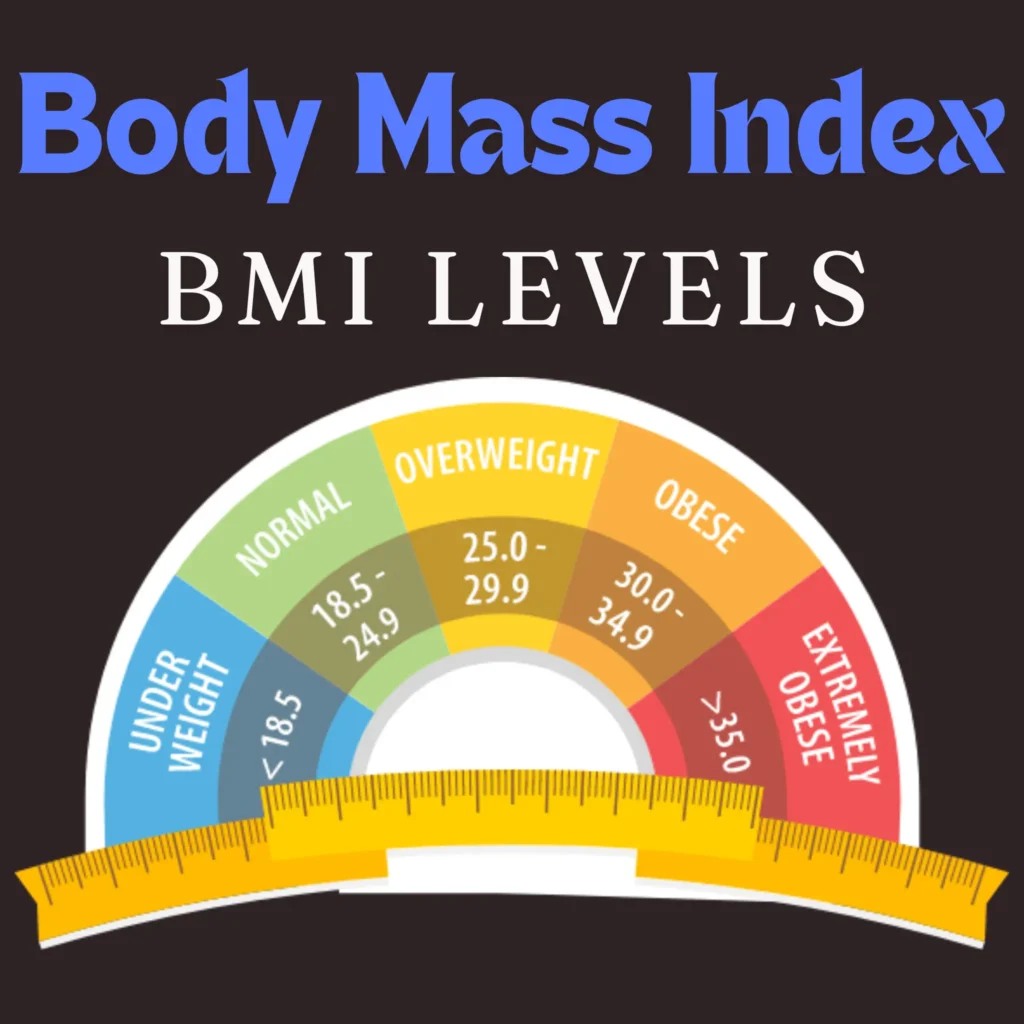

Your BMI is
A BMI calculator is an essential tool for calculating Body Mass Index (BMI), a value derived from an individual’s weight and height. It provides insight into whether a person falls within a healthy weight range, is underweight, overweight, or obese. By using a BMI calculator, one can assess one’s weight status and make informed health decisions.
BMI stands for Body Mass Index and is a widely used indicator of body fat amount. Your weight alone is insufficient to determine whether you are within a healthy weight range. For example, a tall but skinny person may weigh more than a short but chubby one. However, younger people may have better health as long as their weight is appropriate for their height. The ideal weight is also likely to vary amongst men and women of similar heights.
How can you determine if you are in the healthy weight range? Your BMI clears up any doubt. It compares your weight to your height and determines whether it suits your weight. You can use a BMI calculator to determine your BMI.
Although not an accurate assessment of body fat percentage, BMI is a reliable tool for determining risk levels for illnesses, particularly those associated with excess body fat. Many medical professionals utilize BMI to determine the most effective doses of medications. Often, those with a higher BMI require higher doses. As a result, knowing your BMI is critical to maintaining your overall health.
Also Read: 10 Ways to Boost Your Health using AI
A BMI calculator is more than just a tool for calculating weight. It serves multiple purposes for health-conscious individuals. Below are some key reasons to use this tool:
To calculate your BMI, you first have to find out your weight and height. Once you know these values, you can arrive at the result by following either of the two mentioned steps below to calculate your BMI:
The formula to calculating the BMI are as follows:
International System of Units (SI)
BMI = weight (kg) ÷ (height (m))2
Example:
For a 177 cm (1.77 m) individual weighing 75 kg,
BMI = 75 / (1.77 * 1.77) = 75/ 3.13 = 23.96
Imperial System
BMI = weight (lb) ÷ (height (inches))2 × 703
Example:
For a 177 cm (1.77 m) individual weighing 75 kg,
BMI = 75 / (1.77 * 1.77) = 75/ 3.13 = 23.96

For adults over the age of 20 years, BMI values are grouped into the following weight status categories:
| BMI | Weight Status |
|---|---|
| BMIBelow 18.5 | Weight StatusUnderweight |
| BMI18.5 – 24.9 | Weight StatusNormal Weight |
| BMI25 – 29.9 | Weight StatusOverweight |
| BMI30 – 35 | Weight StatusObese |
| BMIOver 35 | Weight StatusMorbid Obesity |

Children’s body fat content varies with age. It is also usual for teenage girls to have higher body fat levels than boys. Children’s BMIs are calculated using the same formula as adults. However, the number is then plotted into typical gender-specific BMI-for-age percentile charts for children. It determines the child’s weight in comparison to other children of the same gender and age.
For example, a 25th percentile BMI for a 6-year-old female child would indicate that the child’s weight is higher than 25% of girls aged 6.
Excess weight causes various health problems, some of which are serious. A higher BMI than usual (more than 25) is related with a higher risk for diseases like:
While the disadvantages of being overweight are often discussed, being underweight can also cause major health problems.
Being underweight can also be a sign of underlying health issues, such as anorexia. As a result, if your BMI calculator returns a figure that falls into the underweight range, you should see a doctor.
Also Read: Proven Weight Loss Tips for a Healthier You
Obesity and related lifestyle diseases are on the rise, even among youths, as a result of today’s high stress and pollution levels. Thus, a BMI calculator is a great tool to determine your health risks. A doctor or nurse can help you understand the implications of your BMI and assist you toward healthy lifestyle choices to avoid issues.
Aside from living a healthy lifestyle, it is critical to be prepared for unexpected health issues. Healthcare costs are growing, and paying for great care can put a strain on your finances. Fortunately, health insurance coverage can help protect your funds by covering your medical bills.
We uphold the highest standards of content quality and expert insights, ensuring that innovation and practical value prevail in all our articles.
info@bhogul.com
121 King Street, NY, USA